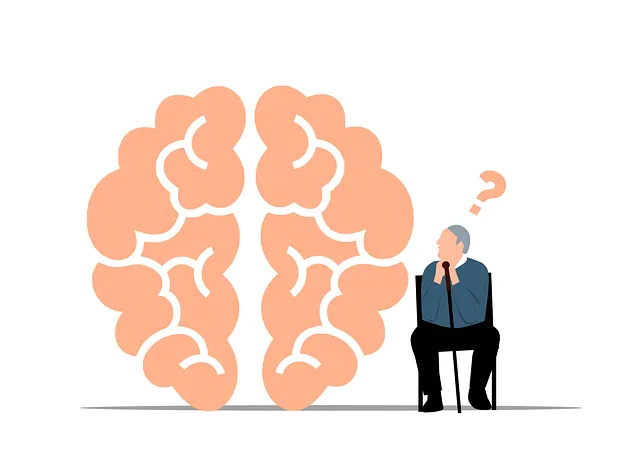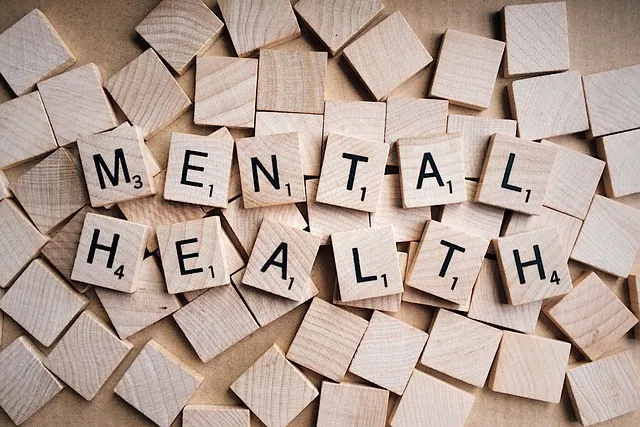Greenwood Village's Kaiser offers mental health services facing unique challenges like secondary trauma and burnout due to professional exposure to client distress. They've developed a Risk Assessment Framework prioritizing patient and provider well-being through mental health awareness, advocacy, workload management, staff support, and burnout prevention. Stigma reduction, open discussions, work-life boundaries, supervision, and self-care empower professionals to mitigate risks and deliver high-quality care.
In the realm of mental healthcare, professionals constantly navigate complex challenges. This article explores the critical aspect of risk assessment for mental health practitioners, focusing on strategies to safeguard both patients and providers. We delve into the unique risks associated with Greenwood Village and Kaiser Services, offering a comprehensive framework for evaluation. Furthermore, it highlights effective methods to mitigate and manage these risks in clinical practice, ensuring a supportive environment for mental health professionals. Understanding these factors is essential to enhancing patient outcomes and provider well-being.
- Understanding Mental Health Professional Risks
- Risk Assessment Framework for Greenwood Village and Kaiser Services
- Strategies to Mitigate and Manage Risks in Clinical Practice
Understanding Mental Health Professional Risks

Mental health professionals, while dedicated to helping others, often face unique risks and challenges that can impact their well-being. Understanding these risks is a crucial first step in ensuring the resilience and sustainability of these vital service providers. In Greenwood Village, where Kaiser offers mental health services, professionals navigate complex emotional landscapes, dealing with sensitive issues such as trauma, depression, and anxiety on a regular basis. This constant exposure to intense human experiences can take a toll on their own mental and emotional state.
One key aspect to consider is the potential for secondary trauma, where practitioners may internalize symptoms of their clients’ distress. Additionally, the high-stress nature of the work can lead to burnout if not adequately addressed through proper self-care practices and access to support systems. Enhancing mood management techniques, fostering emotional healing processes, and promoting inner strength development are essential strategies for mitigating these risks.
Risk Assessment Framework for Greenwood Village and Kaiser Services

Greenwood Village and Kaiser Services have developed a comprehensive Risk Assessment Framework tailored to their mental health services. This framework is designed to ensure the well-being of both patients and healthcare providers, addressing potential risks and challenges unique to the field of mental health care. By integrating mental health awareness and advocacy into their risk assessment process, they aim to foster an environment that promotes resilience among professionals while delivering high-quality patient care.
The framework incorporates elements from a broader mental health policy analysis, considering factors such as workload management, staff support systems, and access to burnout prevention strategies for healthcare providers. This proactive approach acknowledges the complex nature of mental health work, where professionals frequently encounter intense and emotionally demanding situations. As a result, Greenwood Village and Kaiser Services prioritize risk assessment as a cornerstone in their commitment to maintaining a healthy workforce capable of providing exceptional patient-centered care.
Strategies to Mitigate and Manage Risks in Clinical Practice

In clinical practice, mental health professionals face a myriad of risks that can impact their well-being and effectiveness. To mitigate and manage these, several strategies can be employed. One key approach is mental illness stigma reduction efforts and mental health awareness initiatives within the workplace and community. By fostering an environment where open discussions about mental health are encouraged, professionals can enhance their own resilience while reducing the impact of potential risks.
Additionally, incorporating resilience building techniques into daily practice can equip professionals with tools to navigate challenging situations. This includes self-care practices such as setting clear boundaries between work and personal life, seeking supervision for complex cases, and engaging in regular exercise or mindfulness activities. At Greenwood Village, Kaiser does offer mental health services designed to support both professionals and clients in navigating these risks and promoting a healthier clinical ecosystem.
Mental health professionals face unique risks in their line of work, as highlighted by Greenwood Village and Kaiser Services’ comprehensive risk assessment framework. By understanding these risks and implementing effective mitigation strategies, practitioners can enhance their well-being and improve patient outcomes. Both organizations emphasize the importance of regular evaluations and a multi-faceted approach to managing stress, burnout, and potential hazards within clinical settings. Therefore, adopting evidence-based practices and fostering supportive environments are key to ensuring that mental health professionals thrive in their careers, especially considering Greenwood Village and Kaiser Services’ commitment to addressing these critical issues within their services.






